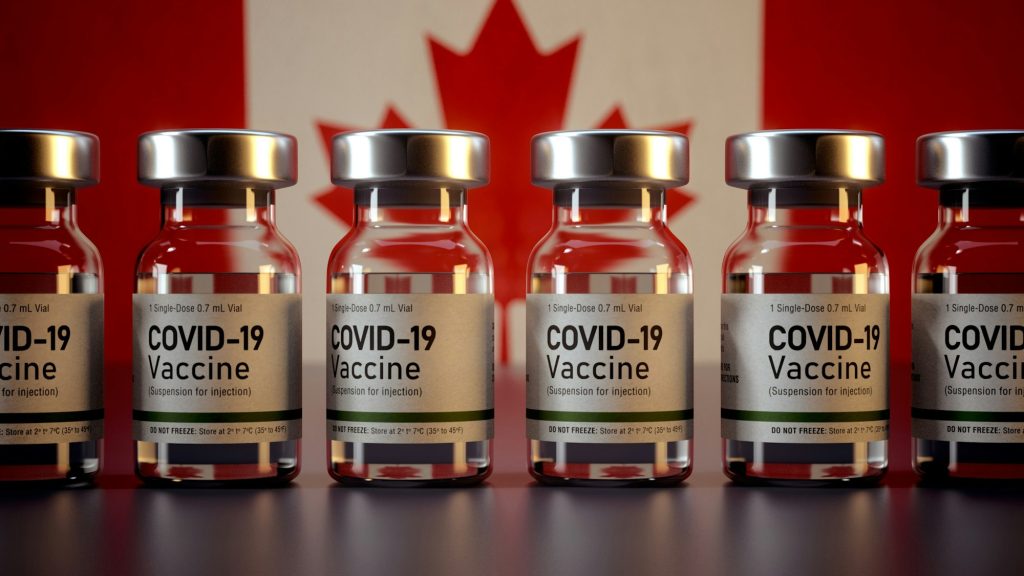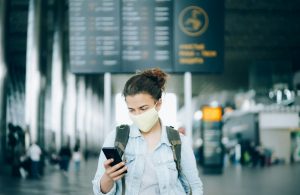One of the required vaccinations for travel these days is the COVID-19 vaccine. That’s unsurprising given the challenges that the pandemic has caused in multiple countries. Now that vaccines are available, governments are getting stricter when it comes to travel, often limiting travel to those who have already received their shots.
But there are some people who are still concerned about the safety of these vaccines, more so because they are still surrounded by controversies and issues:
Concerns About the Two-Dose Vaccine Regimen
As you probably know, most of the available COVID-19 vaccines are given in two shots. While that in itself is not a problem, the issue is local supply. Shortages have been happening in many countries and cities that the completion of the two-dose vaccine regimen has become improbable for many.
Additionally, there has been recent concern about the possible connection between AstraZeneca and the dangerous blood clots that several recipients of this vaccine developed after getting their second dose. This is a condition that is rare but serious. Johnson & Johnson vaccine is facing a similar problem.
Aside from this issue, public confidence is an issue worth considering, too. A recent study showed that 90% of participants were comfortable with either Pfizer or Moderna vaccines, while only 52% were comfortable with AstraZeneca.
Perhaps for these reasons, Canada’s National Advisory Committee on Immunization, as headed by Dr. Caroline Quach-Thanh, recommends that people who got AstraZeneca for their first dose may receive either of the two mRNA vaccines (Pfizer or Moderna) for the second dose.
According to the agency, a study in Germany and clinical trials both in the U.K. and Spain support the safety of using vaccines interchangeably. It says further data is expected from the already ongoing studies in Canada and other countries in the coming months. Recommendations will be updated as needed.
Two Vaccines – Better Than One
As it appears, there may actually be benefits to mixing vaccines apart from easing the reluctance of people to get the second dose of AstraZeneca.
NPR’s Joe Palca said that the use of two different vaccines is a bit similar to giving the immune system two pictures of the virus – one face-on and the other in profile. However, even as other countries start authorizing mixing vaccines, the U.S. does not. One reason may be that the Food and Drug Administration hasn’t approved the vaccine in focus, which is the AstraZeneca vaccine. They have authorized Johnson & Johnson, and while this vaccine is like AstraZeneca in that it is also a viral vector vaccine, it only requires one dose and not two.
That said, several European countries, including France, Germany, and Spain, have already started encouraging their people who got the AstraZeneca vaccine for their first shot to get either the Pfizer or the Moderna vaccines for their second shot.
In Canada, the Pfizer-BioNTech and the Moderna vaccines remain to be the two primary vaccines and are considered interchangeable. The advisory committee on immunization hopes that this new guidance will help boost the vaccination program. The current numbers show that 50.6% of Canadians have received at least one shot, but only 4.6% of the entire population has completed the two-dose regimen.
Conclusion
As most countries now include COVID-19 shots as required vaccination for travel and talks of using “vaccine passports” are circulating, anyone who wishes to travel for personal or business reasons should definitely get their shots completed. As per the recommendation of the government, you can easily complete your two-dose regimen as the vaccines can now be used interchangeably.
If you haven’t started with your COVID-19 vaccine registration for dose 1, you can contact a trusted Canadian pharmacy in Edmonton, Heritage IDA Pharmacy, as we now administer COVID-19 vaccines! Check your eligibility and book your spot today!




